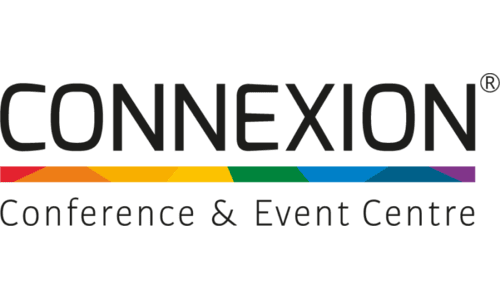
Driven by a projected meteoric rise from USD 4.04 billion in 2024 to USD 13.57 billion by 2030 (a 22.38% CAGR), Malaysia's data center market is decisively transforming from a regional overflow destination into a primary strategic hub.
This ascent is fueled by proactive government support, including newly enacted planning guidelines and a forthcoming sustainability-focused framework to streamline investment, and by dual demand from both Kuala Lumpur's domestic enterprises and regional AI & cloud workloads leveraging Johor's proximity to Singapore.
With hyperscalers now committing significant investment, the stage is set for a transformative era of infrastructure development. The critical question is whether you will be a spectator or a key player in defining this digital future.
Join us at the Malaysia Cloud & Datacenter Convention 2025 to connect with the decision-makers, discover pivotal partnerships, and help shape the next decade of growth.




The Malaysia data center market is projected to reach USD 13.57 billion by 2030, expanding at an astounding CAGR of 22.38%. Once regarded as an overflow location for Singapore, Malaysia is fast emerging as a contender for APAC’s digital hub. But challenges loom large: rising costs, sustainability demands, and new government policies and taxes that may deter investment and slow expansion. Can Malaysia sustain its momentum without eroding the fundamentals that made it attractive in the first place
Key Discussion Points


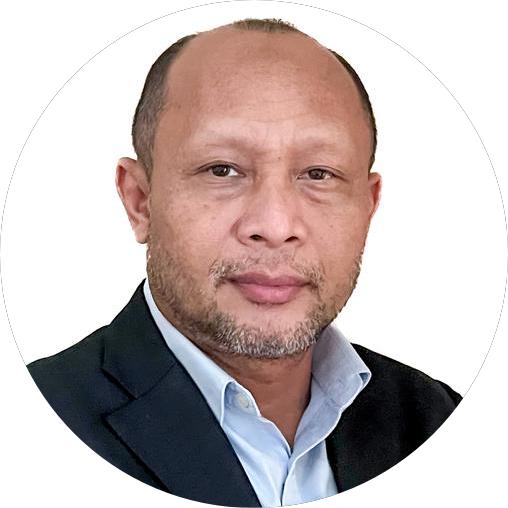





As digital transformation accelerates across ASEAN, data centers face competing demands – they must deliver higher performance for AI workloads while reducing environmental impact and maintaining robust security. This session explores the key technological and operational shifts required to meet these challenges.
Key Discussion Points
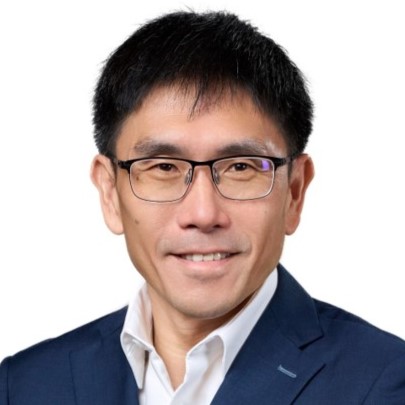
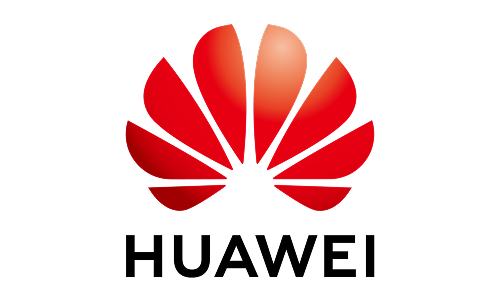
Malaysia is strategically positioned to become a regional connectivity hub, leveraging its geographical location, strong digital infrastructure, and government-driven initiatives. As the demand for reliable and high-speed connectivity grows across ASEAN and APAC, Malaysia stands out as a key player in data center growth and telecom network expansion. This transformation aligns with the country’s ambitions to drive digital economy growth, attract international investments, and establish itself as a leader in connectivity.
Key Discussion Points:
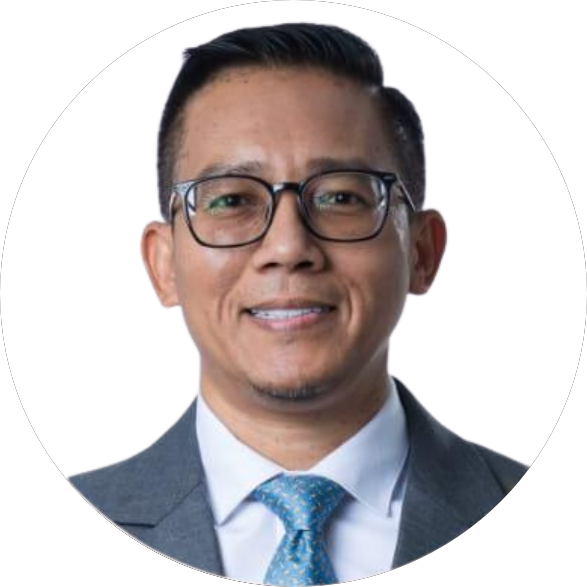







As Malaysia builds its digital future, the demand for scalable and resilient data center infrastructure is accelerating. This fireside chat will explore how Bridge Data Centres is constructing the foundation for this growth by focusing on infrastructure that is both robust and future-proof. This session will provide a look into how their focus on resilience, security, and sustainability directly supports Malaysia’s digital ambitions and positions the nation for success in the age of AI.
Key Discussion Points:



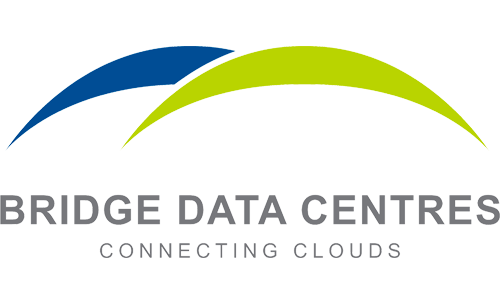
Along with the surge of AI data center infrastructure demands, data center industry is facing unprecedented challenges, not only with agile DC construction but data center operation. This session will highlight how to prepare future-proofing data center operation technology to cope with current and upcoming data center operation challenges; Liquid cooling environment, mega-scale DC operation, shortage of skilled operators, AI technology adoption, and more.


Malaysia’s digital transformation journey requires more than just technological adoption — it rests on robust, sustainable, and inclusive infrastructure. As cloud, data centers, and connectivity form the backbone of the digital economy, Malaysia must align national initiatives with global sustainability imperatives. This keynote explores how government strategies such as MyDIGITAL and Cloud First are strengthening Malaysia’s role as a resilient and responsible digital hub, balancing growth with environmental stewardship.
Key Discussion Points:


As Malaysia positions itself as a regional data centre hub, energy sustainability has become a top priority for hyperscalers and industrial consumers alike. Leader Energy, a pioneer in renewable energy solutions, will share how clean energy infrastructure — from utility-scale solar and battery storage to grid transmission — is being deployed to support data centre growth.
This keynote will also spotlight Malaysia’s Corporate Renewable Energy Supply Scheme (CRESS), a new enabler that allows commercial and industrial users to access renewable electricity directly through the national grid. Discover how early adopters can leverage CRESS to meet net-zero goals, lock in long-term energy savings, and enhance ESG credibility in a competitive digital economy.
Key Discussion Points:

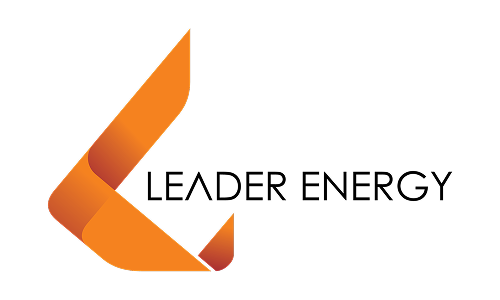
In an increasingly interconnected world, cybersecurity has become a critical priority—far beyond just a technical concern. Malaysia’s automotive industry, for instance, now faces escalating cyber threats as vehicles grow more digitally advanced. Beyond this sector, the country grapples with pressing cybersecurity challenges, including the risks posed by generative AI, vulnerabilities in operational technology (OT) systems, a shortage of skilled talent, and the urgent need to foster digital trust in a hyperconnected landscape.
Data centers, too, are at risk, confronting a surge in cyber threats ranging from sophisticated ransomware attacks to insider breaches. Building cyber resilience in these critical infrastructures demands proactive measures—not only to prevent attacks but also to ensure swift and effective responses when breaches occur. This discussion explores best practices and innovative strategies to fortify data centers against evolving cyber risks
Key Discussion Points:







As AI adoption accelerates, data centers must be delivered faster without compromising quality or scalability. This case study showcases how a facility in Johor, Malaysia was completed in just 6–9 months, highlighting strategies in modular design, streamlined permitting, agile supply chain management, and AI-driven operations. Attendees will learn practical lessons on balancing speed with resilience, sustainability, and future-proofing for high-density AI workloads—offering a blueprint for rapid data center deployment in Southeast Asia’s competitive digital landscape.

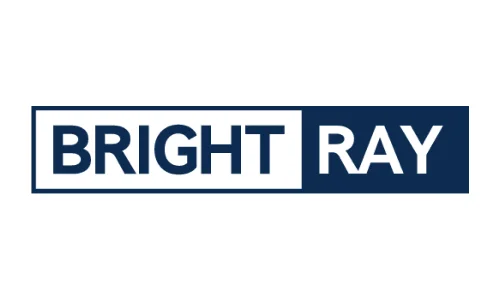
The rapid growth of AI and cloud services is reshaping the digital landscape, demanding a new blueprint for data center development. This requires not only technological innovation but also strategic collaboration across the entire value chain—from land acquisition to infrastructure deployment. This fireside chat will bring together key players to discuss how we can build future-ready data centers that are sustainable, resilient, and equipped to meet the unique demands of high-density AI workloads, particularly in dynamic markets like Malaysia.
Key Discussion Points:






Much focus is placed upon the redundancy and resiliency we build into our data centres. With AI driving the adoption of liquid cooling have we realised we’ve now introduced a single point of failure … the fluid? Join bp Castrol as we share insights and look at the key considerations when deploying direct to chip and immersion cooling in data centre and edge facilities.


This session will explore how the convergence of Generative AI (Gen AI), cloud computing, and data center infrastructure is reshaping industries and driving innovation. With cloud computing providing the scalability and flexibility needed for AI models, and data centers powering the infrastructure, this conversation will highlight the transformative potential of these technologies when they work in unison.
Key Discussion Points:

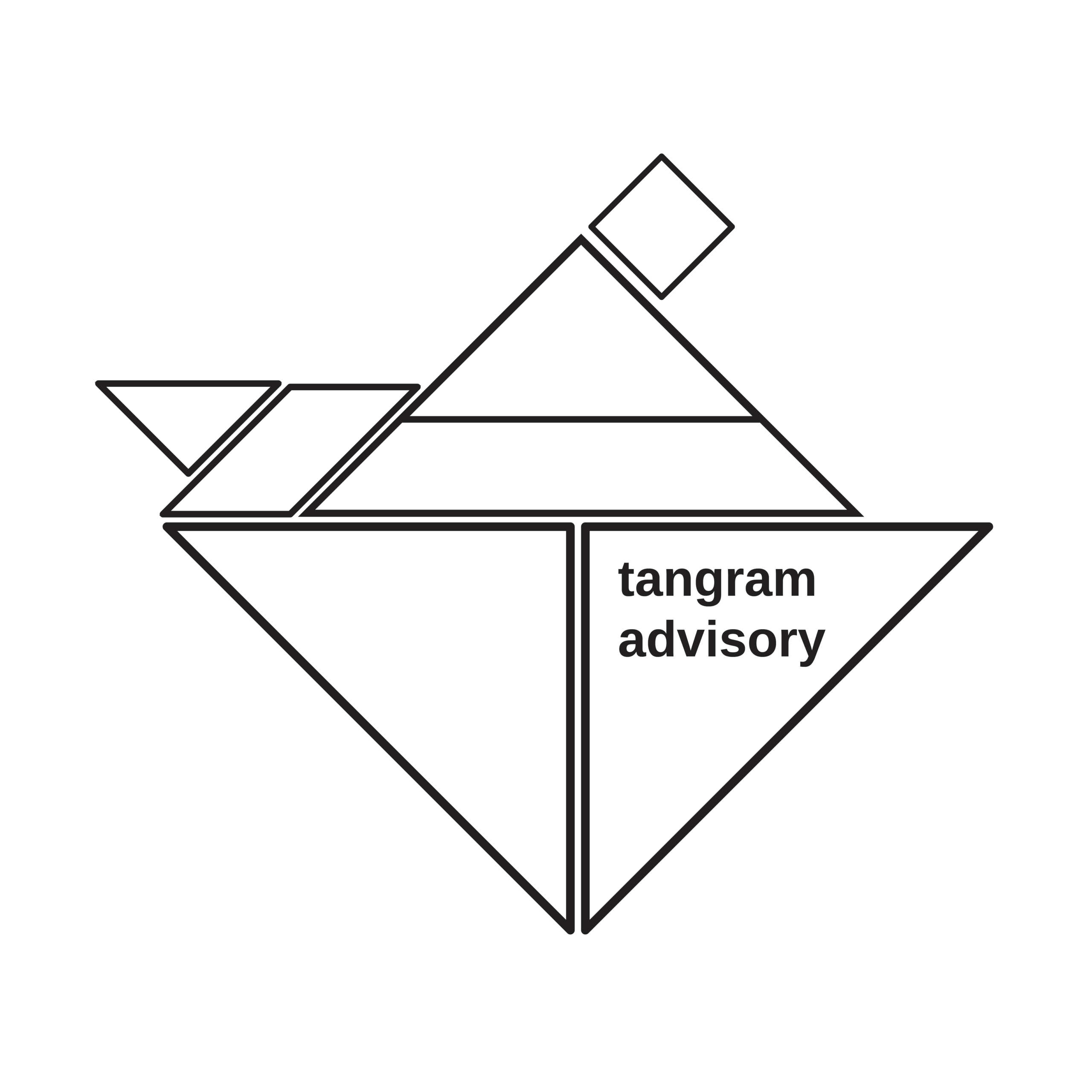
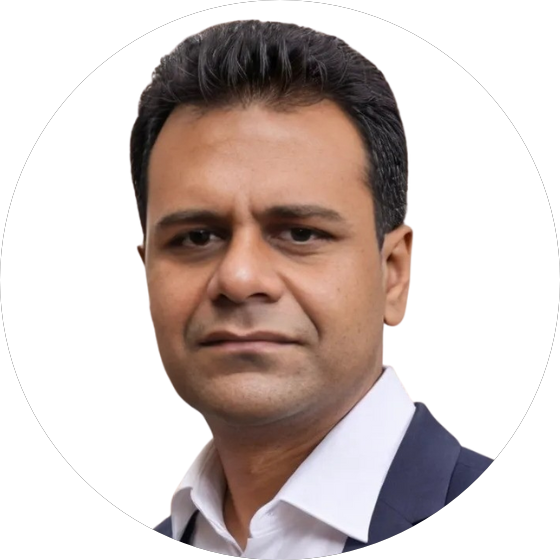





As Malaysia positions itself as a premier data center hub in ASEAN, developers and investors must navigate a rapidly evolving landscape of new regulations and sustainability mandates. This keynote provides a practical, on-the-ground perspective from a real estate development lens, moving beyond theory to actionable strategy. This will decode the latest regulatory frameworks and provide a clear roadmap for compliant, sustainable, and future-proof data center construction in Malaysia.
Key Discussion Points:
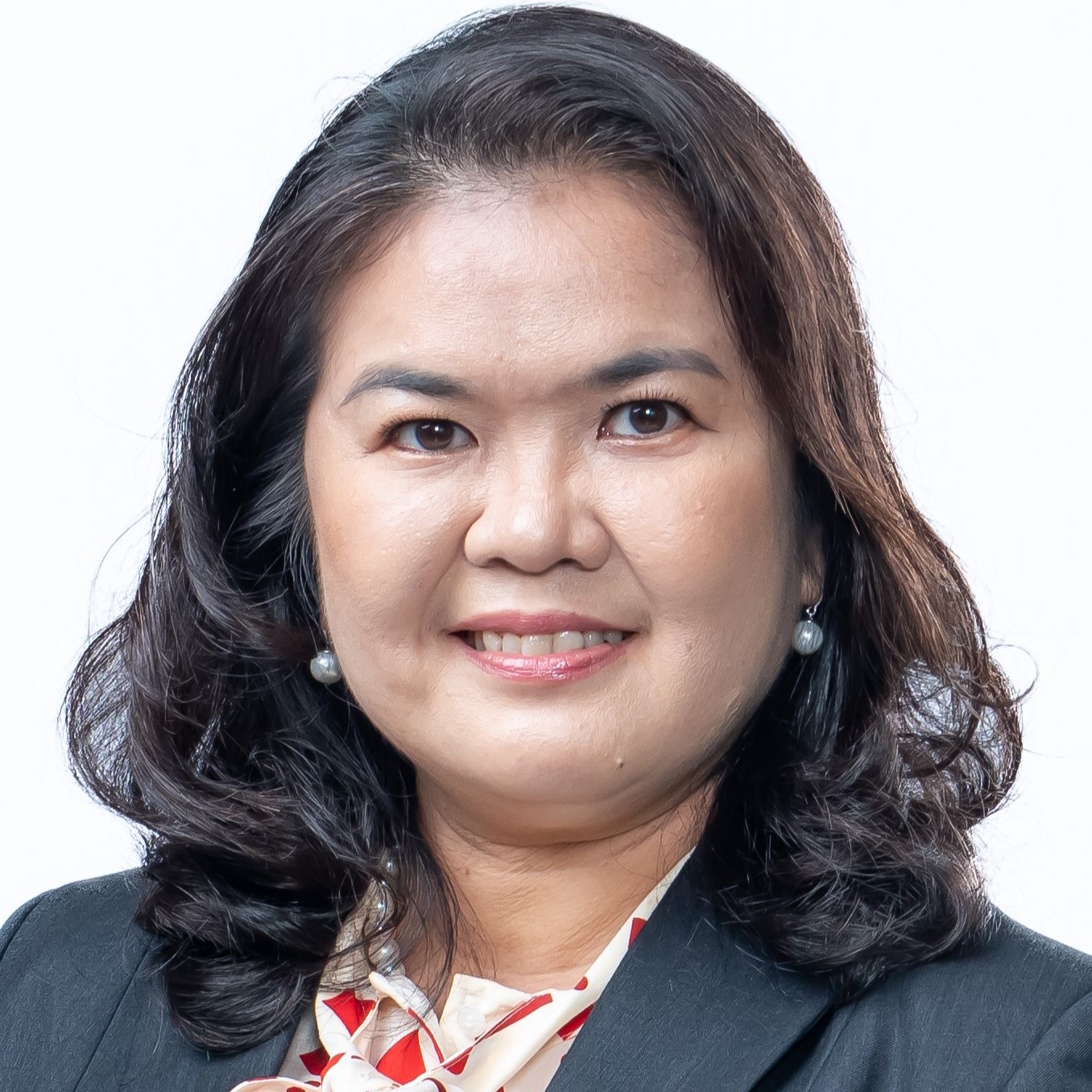
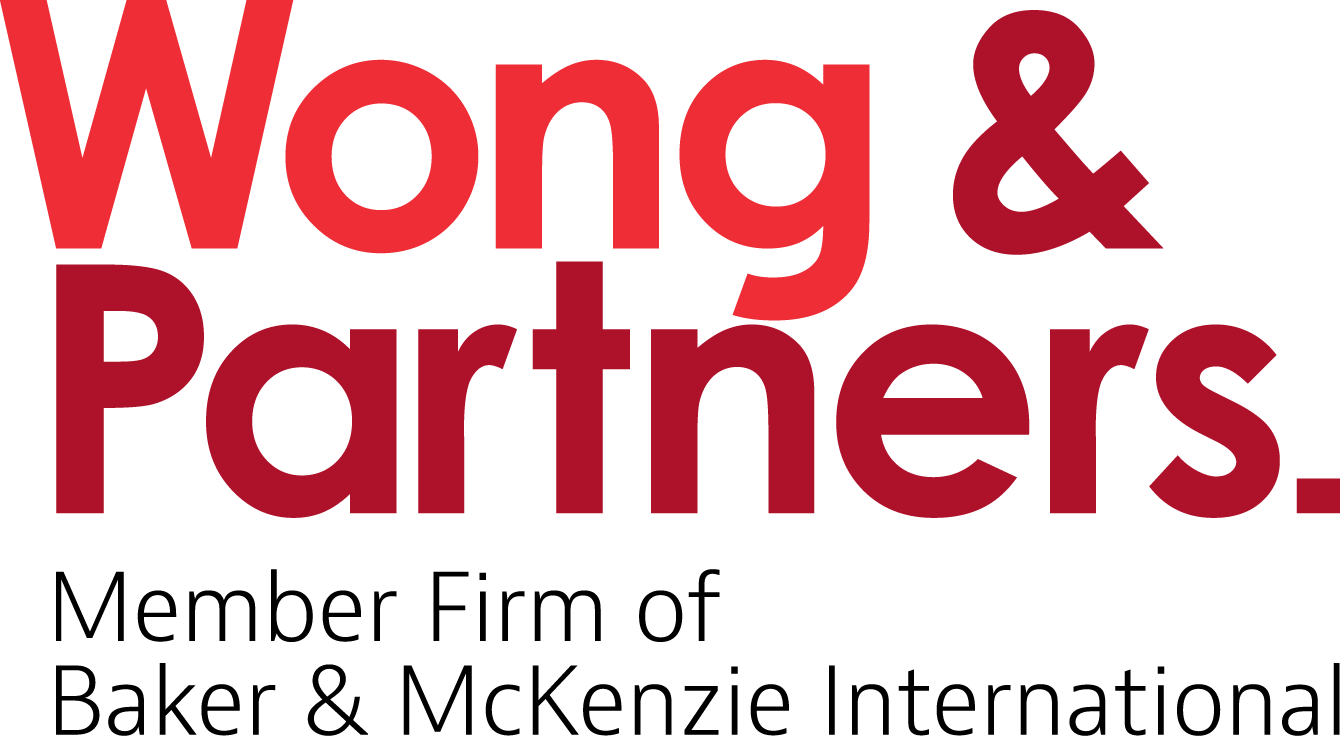
Malaysia’s data center industry’s environmental footprint is under increasing scrutiny as the country accelerates its digital transformation to become a regional data center powerhouse. The government’s ambitious carbon neutrality goals by 2050, as outlined in the National Energy Transition Roadmap (NETR), are compelling data center operators to embrace sustainability as a core business principle. This panel will delve into Malaysia’s strategic roadmap for green data centers, examining the intersection of government policy, industry innovation, and operational best practices.
Key Discussion Points:


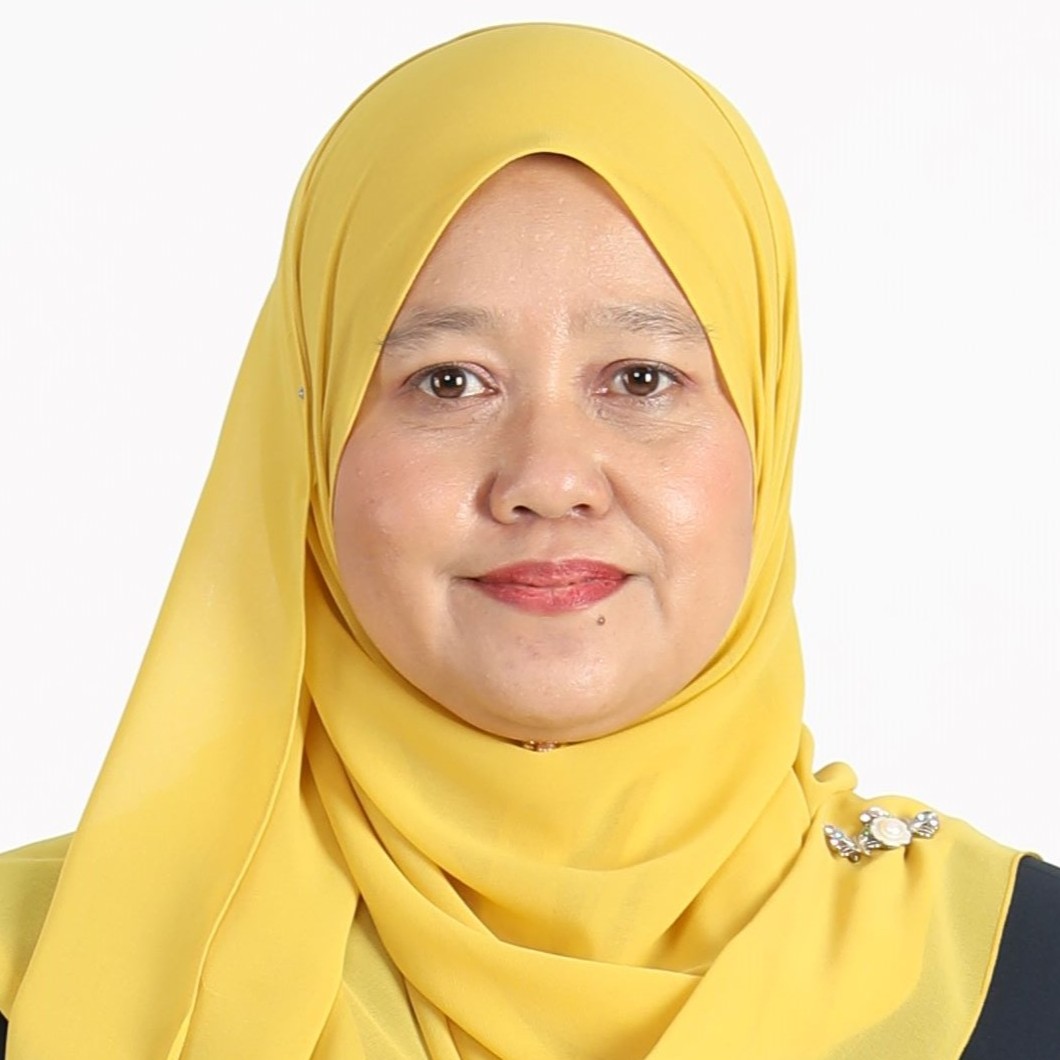
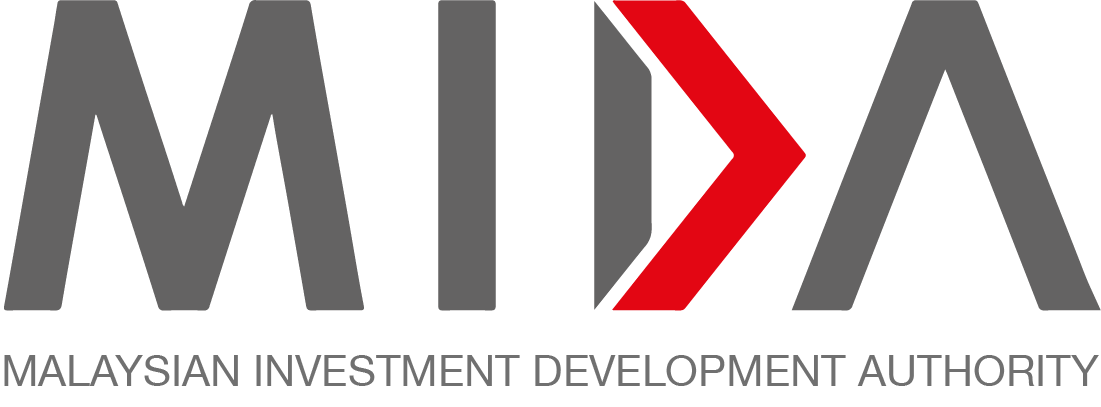
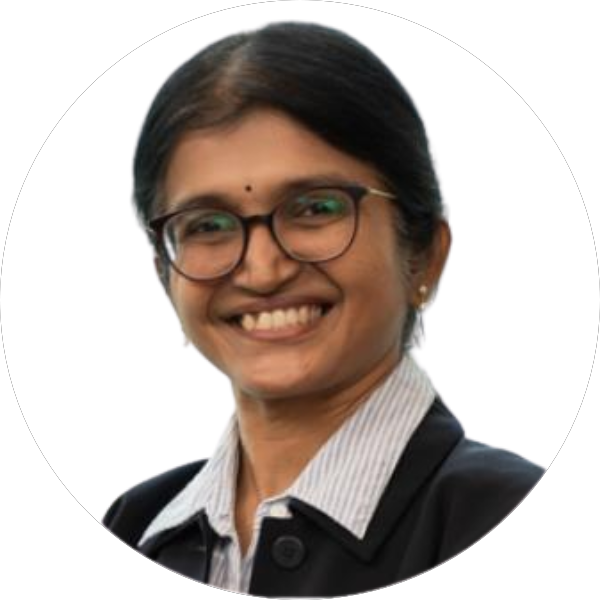





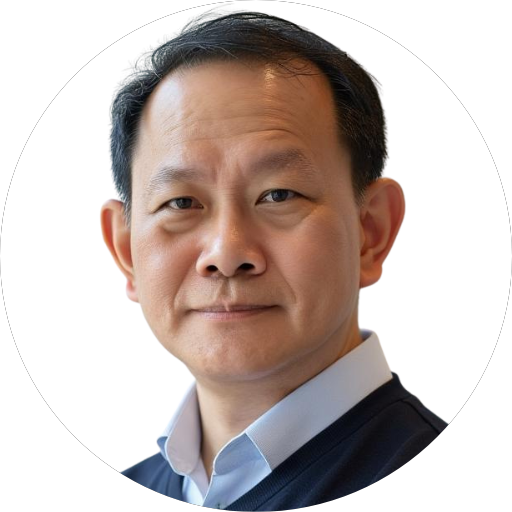
As Malaysia’s data center landscape embraces AI and high-density computing, maximizing operational efficiency and ensuring continuous uptime are paramount. Park Place Technologies, a global leader in data center and network optimization, will discuss how independent IT infrastructure management and proactive monitoring enhance resilience and extend asset lifecycles. Learn strategies to reduce operational costs, streamline support across multi-vendor environments, and empower your teams to focus on innovation for Malaysia’s evolving digital future.
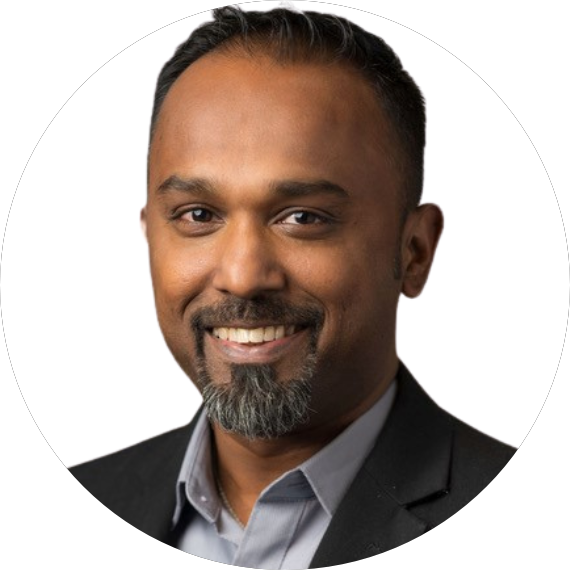
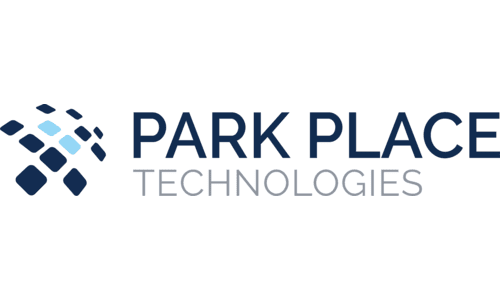
This sessions explores how integrated physical infrastructure—from advanced sealing and airflow management to robust security protocols—is critical to building resilient, efficient, and scalable data centers for Malaysia’s AI and cloud future. Experts will discuss strategies to fortify against threats, optimize energy use, and ensure future readiness.

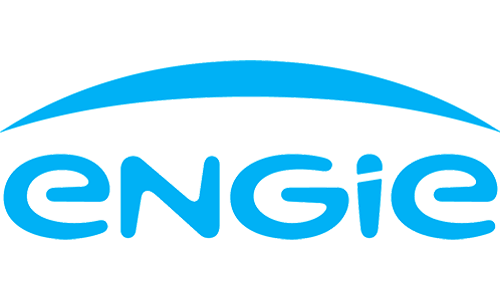




C&D Technologies showcases advanced battery solutions critical for Malaysia’s evolving data center landscape. Learn how our high-performance UPS battery systems ensure unparalleled uptime for AI and cloud workloads, drive energy efficiency, and support sustainability goals in next-gen data centers.


This session explores cutting-edge strategies for optimizing data center cooling in Malaysia, crucial for cloud and AI growth. Experts discuss innovations in fluid technology, integrated controls, and smart automation to reduce PUE and water usage. The discussion will cover advanced cooling methods, sustainability targets, and building resilient, scalable thermal architectures for AI-driven data centers.
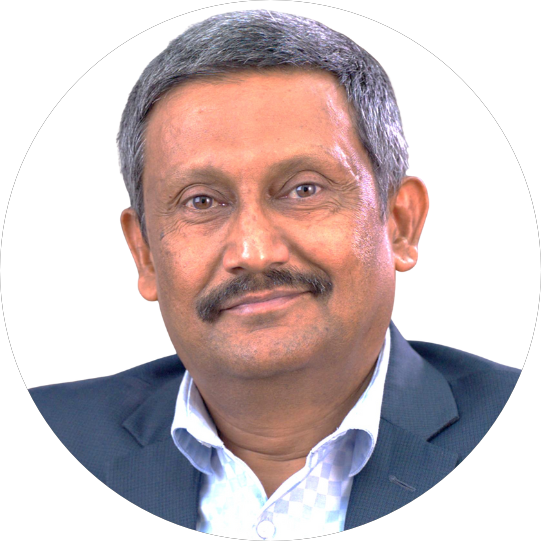



Cummins presents on critical infrastructure solutions for Malaysia’s expanding, AI-driven data center market. This session highlights integrated systems, including advanced generator sets and sustainable technologies like BESS, ensuring unparalleled uptime and energy efficiency. Discover strategies for building resilient, future-proof infrastructure that aligns with sustainability goals.


To support Malaysia’s growing data center industry, workforce upskilling in cloud, AI, and green technologies is essential. This session outlines strategies—including targeted training, industry-academia partnerships, and certification programs—to bridge skills gaps and ensure a future-ready talent pool.
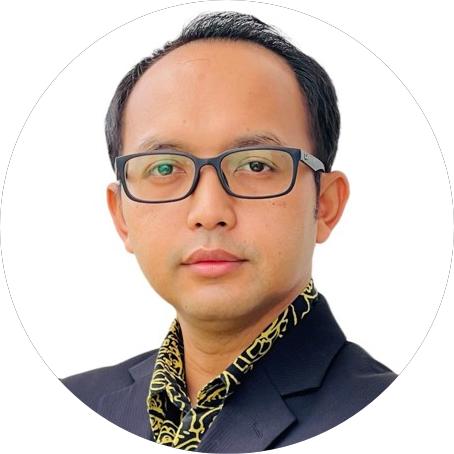
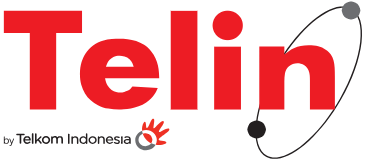



Ecolab presents innovative water management strategies crucial for Malaysia’s rapidly expanding, AI-driven data centers. With data centers transition to high-density compute environments, liquid cooling is no longer optional—it’s essential. But deploying it right is critical. This session, explores the key steps for successful liquid cooling deployment, including pre-commissioning preparations, fluid fill and real-time fluid health monitoring. Learn how to avoid common pitfalls like biofilm formation, corrosion, and fluid degradation—issues that can lead to costly downtime and warranty risks. Whether you’re commissioning new loops or scaling operations, this session will help you cool with confidence and protect your IT investments


As Malaysia accelerates its digital economy ambitions, data centers are becoming critical national infrastructure. However, with rapid cloud adoption, IoT integration, and cross-border connectivity, cybersecurity risks are no longer confined to IT systems—they now threaten physical operations.
With CyberSecurity Malaysia reporting a 42% surge in ransomware attacks in 2023, the stakes are higher than ever. How can global security expertise and local enterprise strategies come together to future-proof Malaysia’s data centers—ensuring resilience, scalability, and cost efficiency without trade-offs?
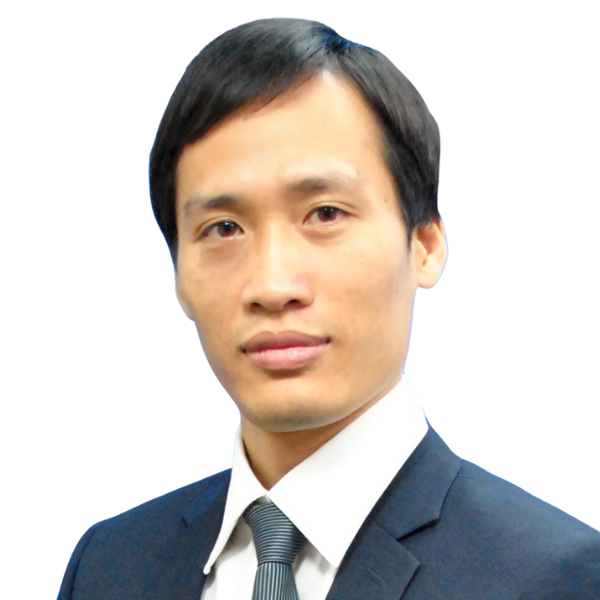





The race toward AI-driven innovation is straining legacy data center power systems, creating unprecedented challenges in density, efficiency, and resilience. This session addresses the pivotal shift in power distribution needed for 2025, showcasing how intelligent busway systems provide the essential solution.

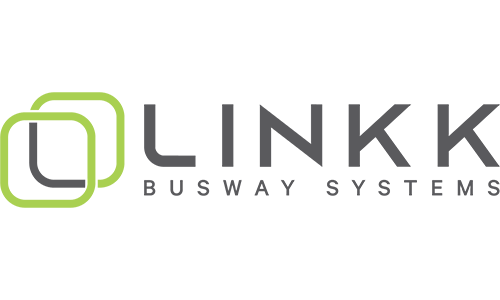
To achieve carbon neutrality, Malaysia’s data centers must adopt renewable energy, optimize energy efficiency, and leverage carbon offsets. This session explores practical strategies—such as solar power, advanced cooling, and AI-driven energy management—to meet net-zero goals while aligning with national sustainability policies and regional market demands.


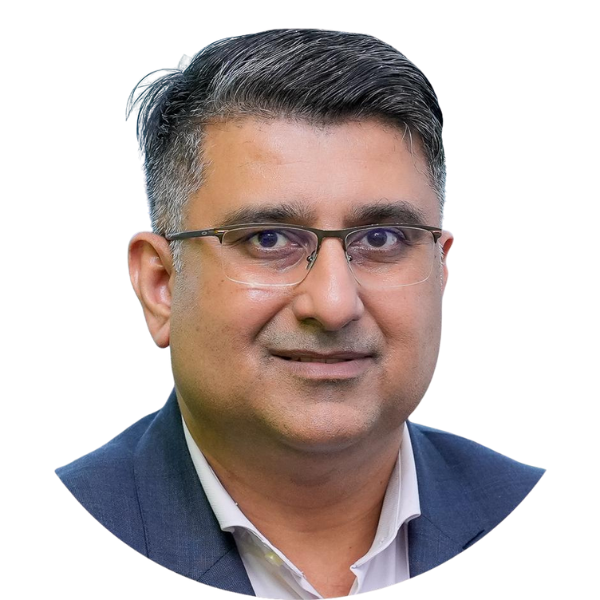

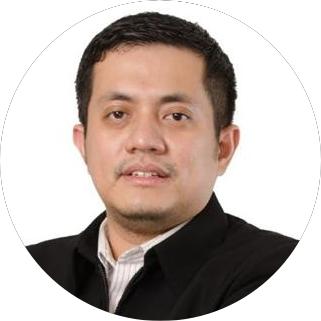
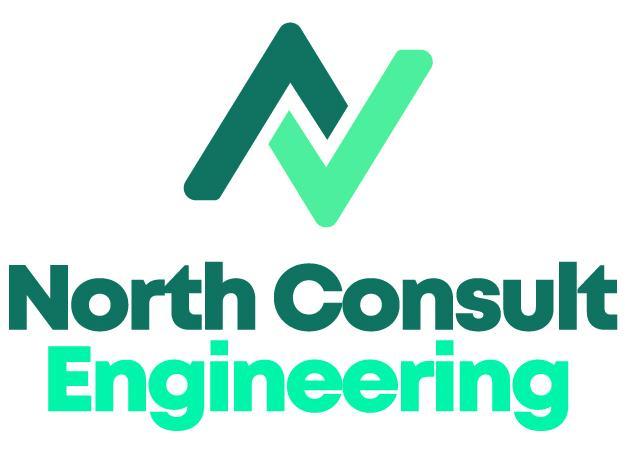
As Malaysia builds its digital future, data centers face the dual challenge of sustainability and the demands of AI. In this session, Vertiv will showcase how innovative power and cooling solutions are essential for a resilient and efficient digital economy. They will explore strategies for optimizing energy use, incorporating renewables, and deploying liquid cooling for high-density AI workloads.


As AI transforms financial services, the data center is no longer a utility but the core of innovation and competitive advantage. This session addresses how Malaysian financial leaders can strategically modernize their critical infrastructure. They will explore securing a scalable, compliant, and efficient foundation to power AI-driven growth, manage rising operational costs, and turn ESG commitments into a tangible business advantage.


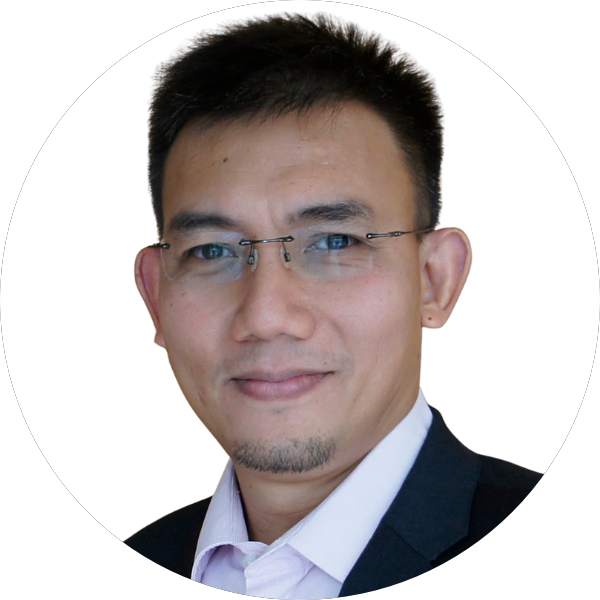



As data centers face increasing energy and environmental challenges, reliance on the traditional Power Usage Effectiveness (PUE) metric has plateaued, prompting a shift toward more comprehensive efficiency measures. Utilizing Data Center Infrastructure Management (DCIM) systems, operators can integrate diverse metrics such as cooling and electrical capacities alongside PUE to optimize energy use and sustainability, exemplified by ATS’s balanced scorecard approach that advances sustainable practices beyond conventional metrics.

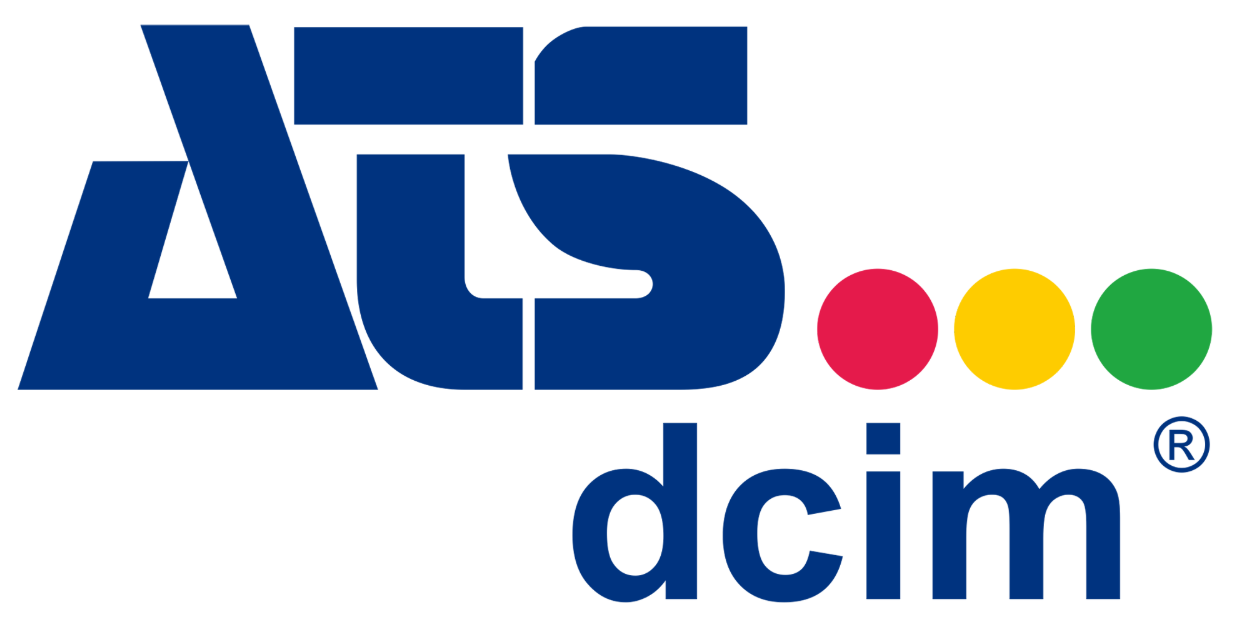
As Malaysia positions itself as Southeast Asia’s next data center hotspot, the industry faces critical questions around energy efficiency, foreign investment, and infrastructure scalability. With hyperscalers expanding aggressively and neighboring markets like Singapore tightening sustainability regulations, how can Malaysia leverage its competitive advantages in land availability, renewable energy potential, and government incentives?


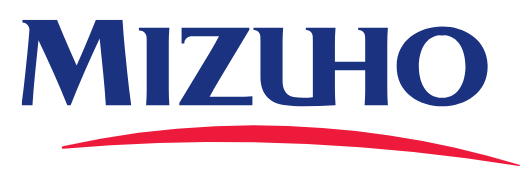
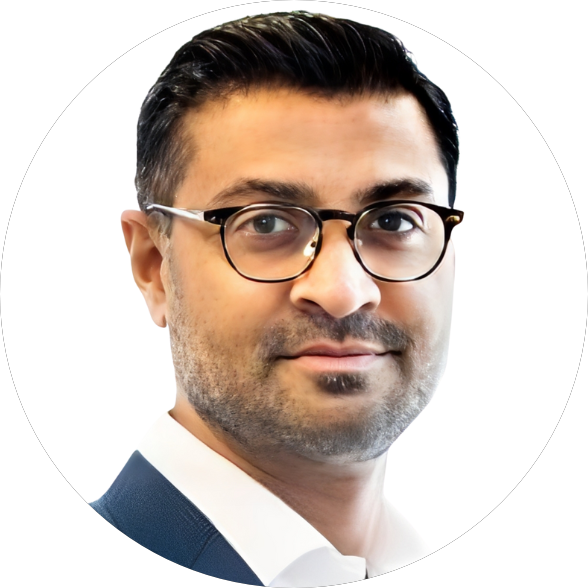
The accelerating demand for computing power, fueled by AI and digital transformation, is driving Data Centre power densities to new heights. Lithium batteries present a superior solution for these high-density environments, yet industry concerns about thermal runaway risks remain a critical barrier. These concerns can slow innovation and compromise infrastructure resilience. Join us for an in-depth session on the essential on-site safety standards for deploying lithium battery systems with confidence.


For data center construction and design, reliability isn’t a feature—it’s the foundation. This session delves into the architectural and engineering solutions required to achieve Tier IV resilience and seamless interconnectivity between data centers. Experts will analyze the infrastructure challenges of reducing latency, designing for efficient power and cooling at scale, and implementing robust disaster recovery protocols.



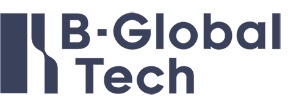


Much press space is given over to the use of resources and utilities in respect of data centre facilities. Is this view correct or is it just a response to press hype to do anything for an emotive story?
While it is true that facilities can take a lot of power, there are ways that this can be reduced. In respects of water, much of the negative publicity stems from the USA, however, is this correct for facilities being built in Malaysia and Asia Pacific?
Emphasis is often put on the much maligned metric of PUE, however, this is usually due to a missed understanding of what the metric is and how it should be used as a suite of performance metrics – not just ‘best efforts’ but realistic data.
During this keynote James Rix will explore what is currently being done within Malaysia , what is being planned as part of an enhanced regulatory framework and where will this lead us as an industry.


The surge of AI workloads makes cooling the defining challenge for Malaysia’s data centers. This session presents advanced chiller technologies and thermal management strategies crucial for achieving low PUE and sustainability targets. Learn how to deploy high-efficiency solutions, optimized for the tropical climate, to build resilient, scalable, and environmentally conscious infrastructure.

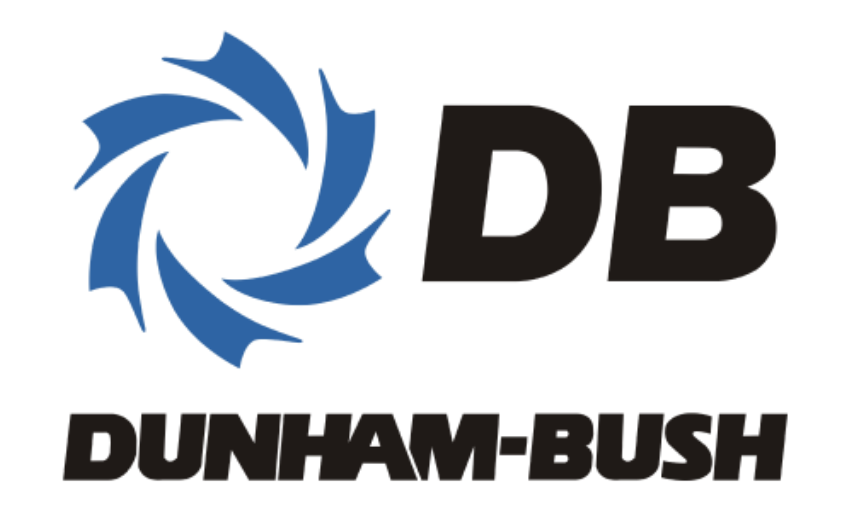
Data centres rely on precise humidity and temperature control to maintain reliability and energy efficiency. However, maintaining sensor accuracy often conflicts with the need for continuous operation and low maintenance. This session explores practical ways to balance quality and usability in RH/T sensor calibration. Using Vaisala’s long-term stability data, we compare field calibration, laboratory calibration, and spot checks — helping operators decide what’s “accurate enough” for their environment. Attendees will learn how to select stable sensors, handle portable reference devices, and design a calibration plan that ensures traceable, reliable measurements with minimal downtime

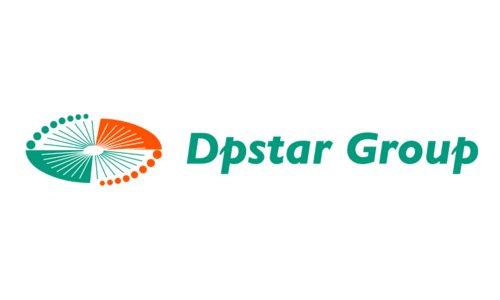
This live interview explores Vertiv’s perspective on building the critical power and cooling infrastructure needed to support the explosive growth of AI.


Building on Leader Energy’s CRESS initiative, this live interview explores how the company is driving sustainable energy solutions for data centers and accelerating the renewable energy transition across Southeast Asia.


Please bring the registration confirmation email with QR code sent to your email to the registration area in order to get a badge printed to enter the event.
Upon successful completion of registration through the W.Media website, your QR code will be sent to your email address.
Please wait up to 48 hours upon registration for the confirmation email to be sent and do check your spam folder. If you still cannot find it, please contact us via our WhatsApp here or [email protected].
Cloud and Datacenter professionals and media partners are welcome to attend. All attendees must register on the W.Media event page.
It is recommended to register online at the W.Media event page website to prevent any delays on event day.
Participation in multiple events is welcome to attendees. W.Media hosts over 25 global events across APAC, ANZ, and beyond. In many cases global companies will travel overseas to attend multiple events.
The W.Media event pages for each of our events will have the most up to date information including the timings, location, agenda, speaker and sponsor list, and more.
Complimentary breakfast, coffee and tea, lunch, and evening networking drinks will be provided for attendees on a first come, first served basis.
There will not be a live stream of the event, however there will be coverage of the event, including photographs and interviews as well as articles regarding the event, will be published by W.Media and other media partners. This content will be posted to the W.Media LinkedIn page, the W.Media Newsletter and to the W.Media website and Video on Demand page.
If you are interested in becoming a media partner, please contact us at [email protected].